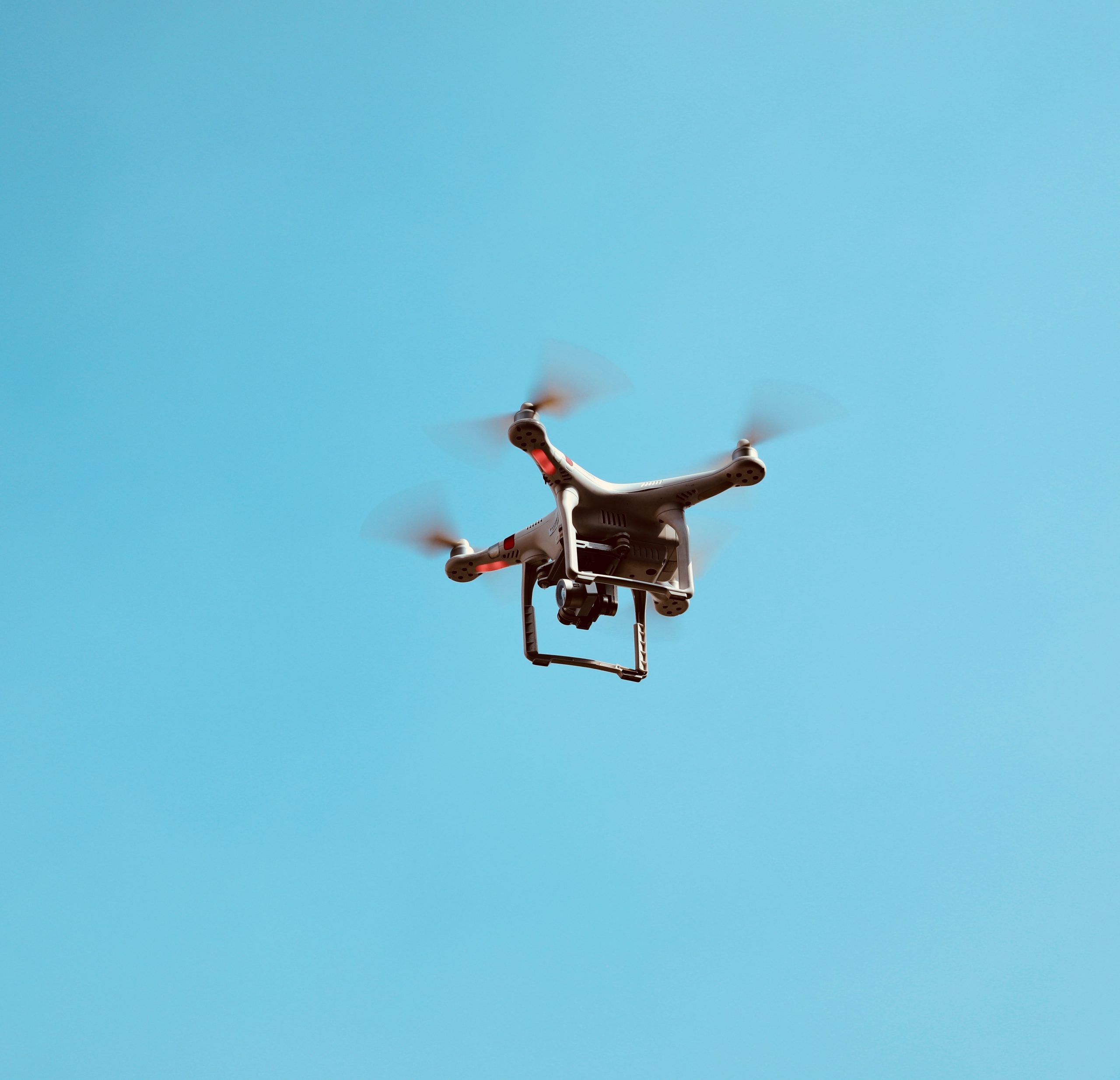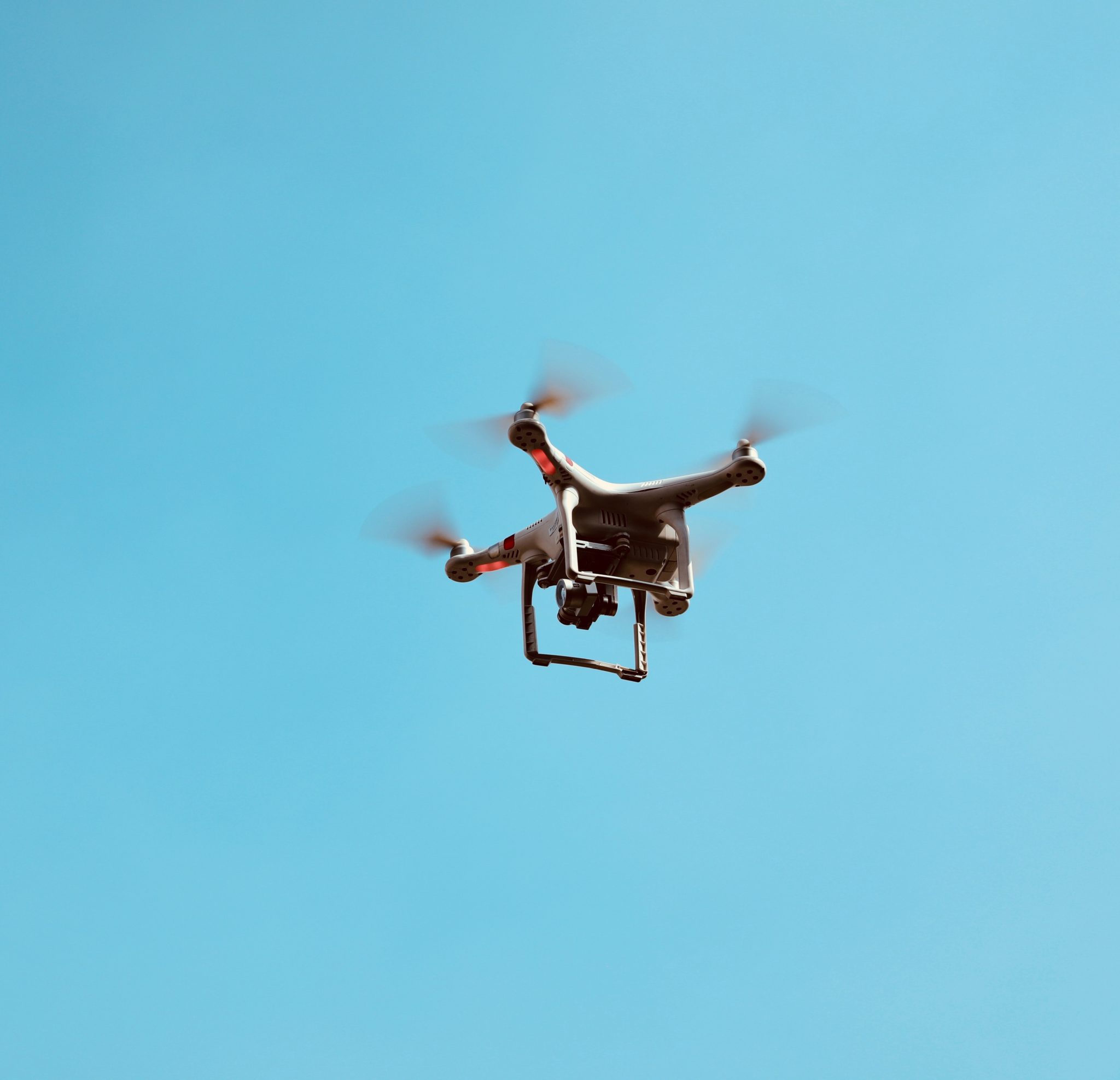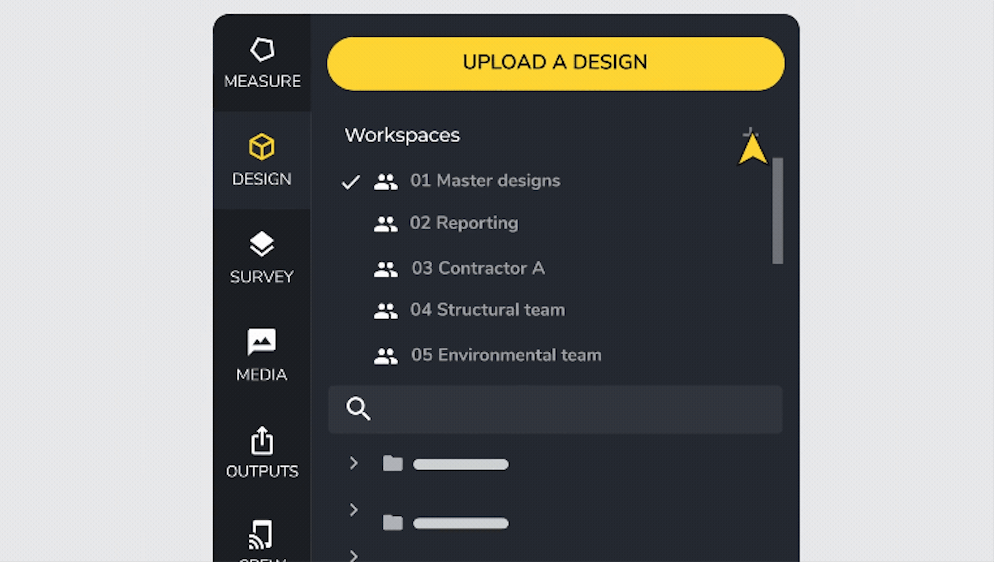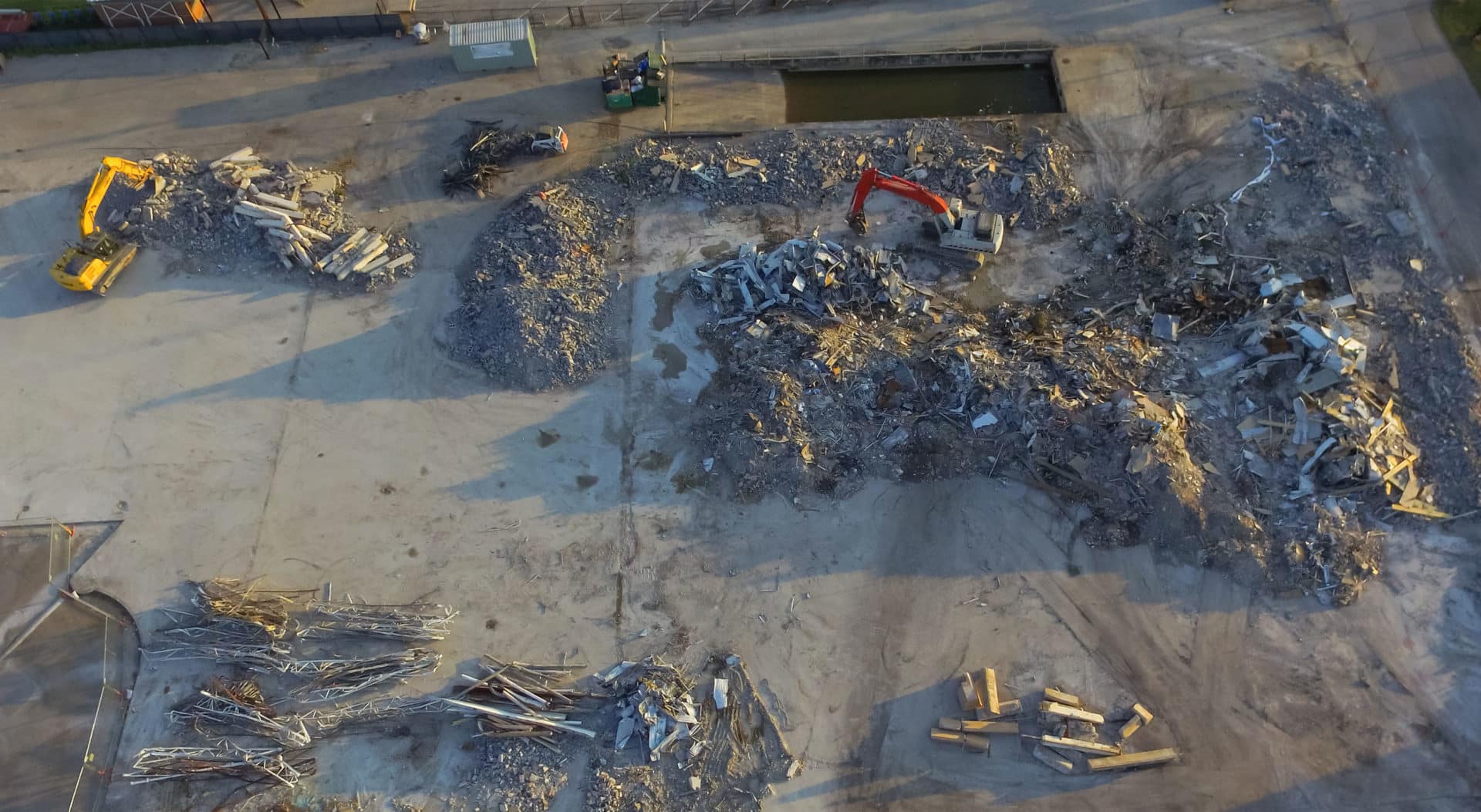Drones have completely revolutionized the way heavy civil and resource operations track and measure progress throughout the project lifecycle.
They’ve enabled companies to keep track of various aspects of their operations, from the volume and precise location of stockpiles, to the progress of work in various locations of a project, to the safety conditions in critical areas of a site. All of these activities help companies collect better data, more cost-effectively than ever before.
Before you set out to build a UAV program of your own or source a drone contractor, there are a few things to consider—the first being your Part 107.

Over the last five years, Drone Pilot Ground School has trained over 25,000 pilots, from solo entrepreneurs to enterprise teams, and we’re often asked about the most important things to know before starting a drone program.
To address this, we’ve put together this handy list of the most common questions we’ve received about using drone pilots in the construction industry. And in this article, we’ll be answering all those questions.
Here are the most common FAA Part 107 questions:
Do my drone pilots need to be Part 107 certified?
Yes, if the flight is taking place in the United States or its territories. The Federal Aviation Administration (FAA) requires that all pilots operating drones for economic benefit have completed the Remote Pilot Certification process.
That means that any pilot your company pays to fly a drone must be certified to fly in the United States. This rule even extends to unpaid interns or volunteers, so you’ll need to ensure all pilots you employ have current Part 107 licenses.
How can I get them certified?
The certification process is relatively straight-forward. For starters, a pilot must be at least 16 years old, must complete these three steps:
-
- Pass the Aeronautical Knowledge Test, which must be completed in-person at an approved testing center. This is a 60-questions multiple choice test, and the student gets two hours to complete. 70% or higher is considered a passing score.
- Apply for and obtain a Remote Pilot Certificate through the FAA’s online IACRA system.
- Pass a background check by the Transportation Security Administration (this happens automatically during the application process).
Each pilot must complete these steps individually. There is currently no way for companies to get a blanket license for all of their pilots.
How long should this take?
The whole process should take approximately 4-6 weeks, depending on how long it takes each individual to study for, schedule, and pass the test. This is a generalized breakdown of the timeline:
-
- Studying for the test (2-3 weeks): Students who have used Drone Pilot Ground School have reported that it took them between 12-15 hours over 2-3 weeks to prepare adequately for the test. When the student is ready, they should apply for a FAA Tracking Number and then schedule their test.
- Applying for the license (24-48 hours after completing the test): Once the test is passed, the pilot should wait 24-48 hours and then login to the FAA online system to complete their license application.
- Receiving license (1-6 weeks): A new pilot will receive a PDF version of their license through email within one week of completing their online application, and a physical version of their license in the mail within six weeks.
How much will it cost?
There are a few costs you’ll want to budget for:
-
- Test prep: Drone Pilot Ground School is $299 for an individual and students have lifetime access to the platform. We also offer group rates.
- Testing fee: $150, paid directly to the testing center where you schedule your test. Once you pass the test, there is no additional fee to get your actual certificate. A recurrent test must be taken every two years, so plan for the testing fee to recur as well.
- Drone registration: $5. Registration is a mandatory requirement for commercial drone operators. Visit dronezone.faa.gov and select “Fly sUAS under Part 107” to create an account and register your drone.
While the process of creating a drone program from scratch for your company is a much larger project than we’ve detailed above, certifying individual pilots is a fairly straight-forward process that you should be able to incorporate into your company policies and procedures without too much trouble.
Tres Crow is the Director of Marketing of Drone Pilot Ground School, the nation’s leading online Part 107 test prep service. With over 25,000 pilots trained and a 99% pass rate, Drone Pilot Ground School has helped more pilots get their wings than any other online test prep curriculum. Learn more about getting your Remote Pilot Certification at www.dronepilotgroundschool.com.
While the process of creating a drone program from scratch for your company is a much larger project than we’ve detailed above, certifying individual pilots is a fairly straight-forward process that you should be able to incorporate into your company policies and procedures without too much trouble.
Tres Crow is the Director of Marketing of Drone Pilot Ground School, the nation’s leading online Part 107 test prep service. With over 25,000 pilots trained and a 99% pass rate, Drone Pilot Ground School has helped more pilots get their wings than any other online test prep curriculum. Learn more about getting your Remote Pilot Certification at www.dronepilotgroundschool.com.
[/vc_column_text][/vc_column][/vc_row]


